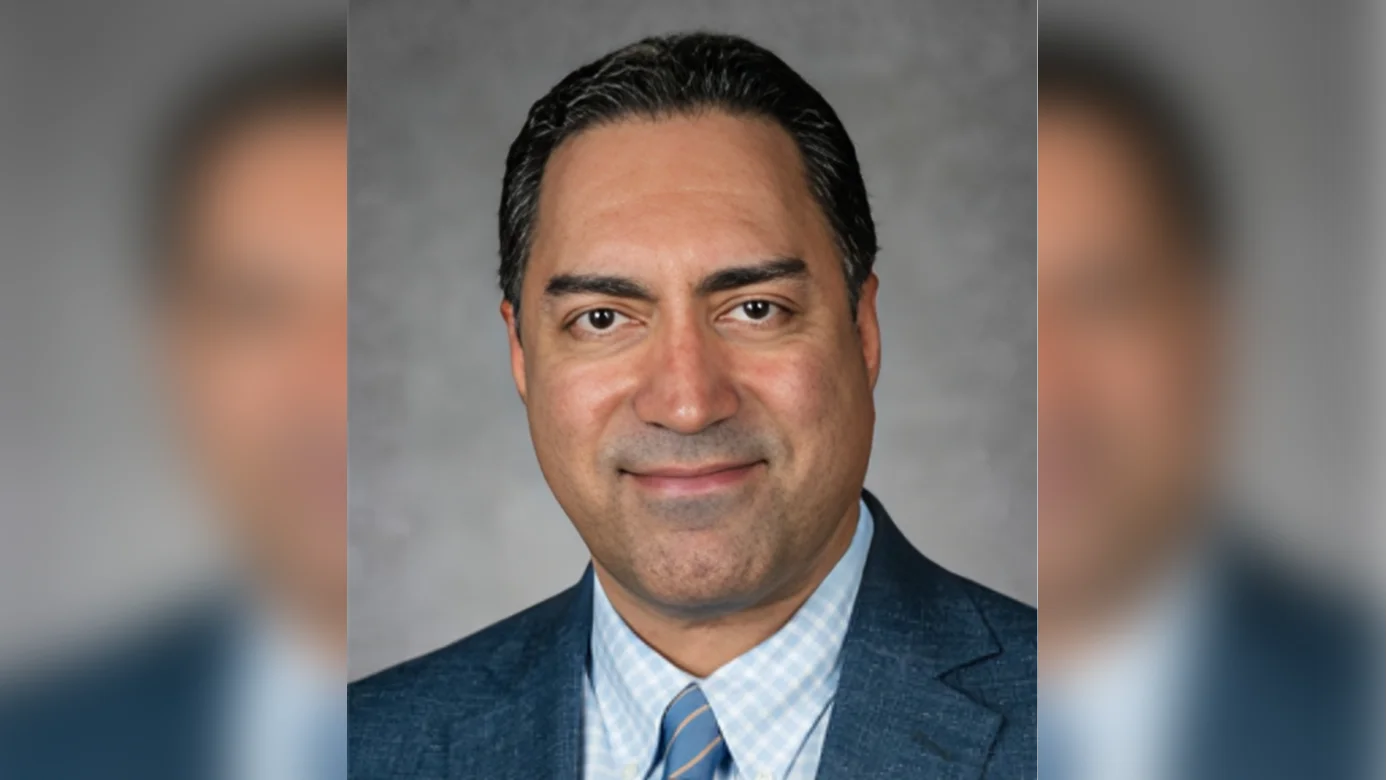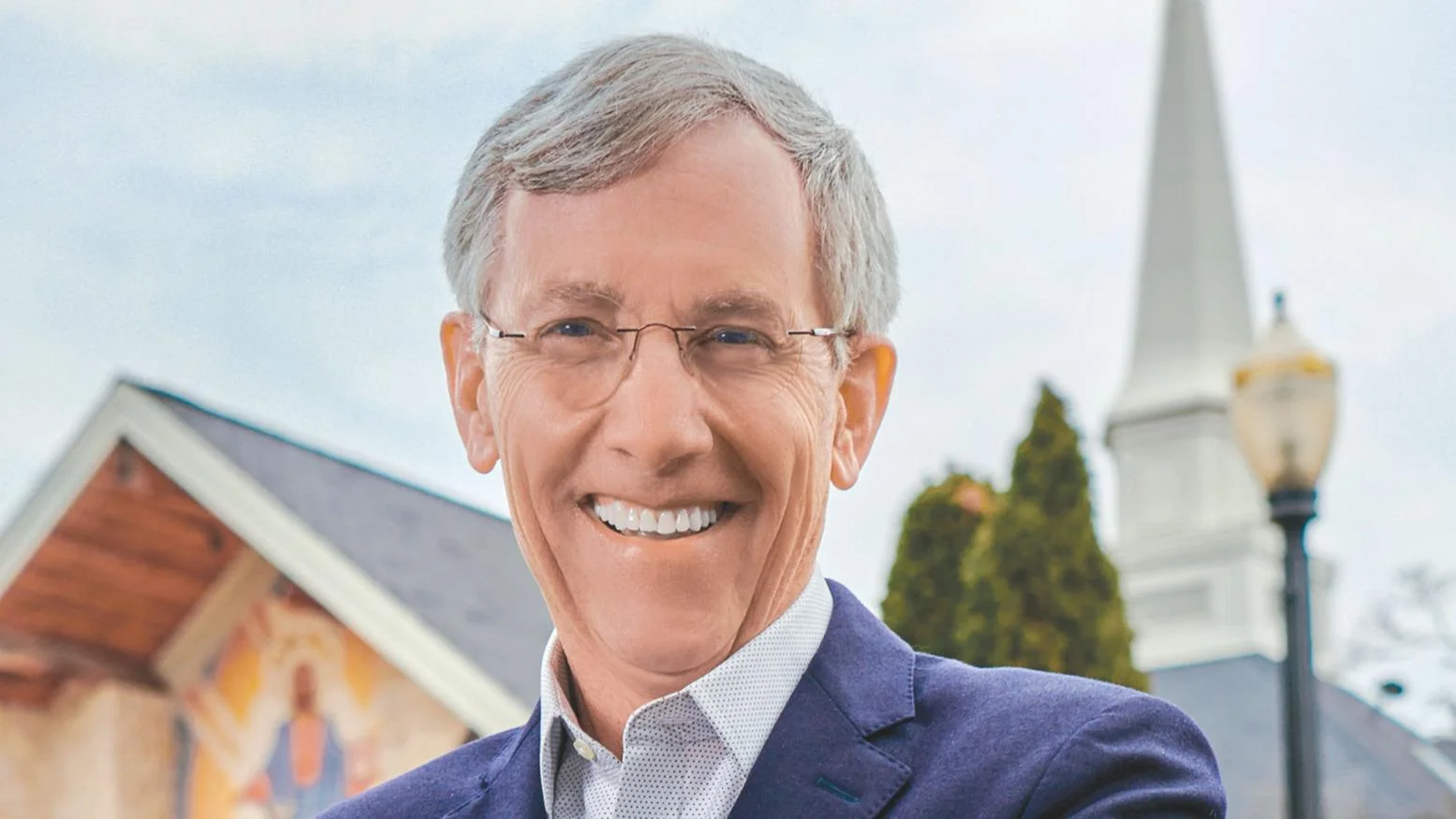
President Robert L. Manuel, PhD | DePaul University website
New research from DePaul University's Roselyne Tchoua has found that community health workers play a crucial role in improving the accuracy of AI predictions of hospital readmission risk. The study, which was presented at the Transdisciplinary AI conference in late 2023 and is now available online, highlights the importance of the human element in healthcare. Tchoua, an assistant professor of computer science at DePaul, explains that factors such as the frequency of patient interactions with community health workers and the time spent looking for resources have a significant impact on readmission rates.
The research, conducted in collaboration with the Sinai Urban Health Institute, focused on over 1,300 patients at Chicago's Sinai hospital system. By comparing data from patients who had interacted with community health workers to those who had not, the study revealed several key findings. Firstly, when community health workers assisted in gathering survey data, the AI model predicted readmission rates with 5% more accuracy. Additionally, age and the duration of patient engagement with community health workers were identified as important variables in predicting readmission risk. Patients between the ages of 50 and 59, as well as those over the age of 70, were found to be at a higher risk of readmission. Furthermore, patients with multiple referrals to community health workers had significantly higher readmission rates, with third-visit patients experiencing rates as high as 90%.
Tchoua's research sheds light on the effectiveness of community health workers in addressing healthcare disparities. Sinai Hospital, located on the West Side of Chicago, serves a predominantly minority population, with over 70% of patients being people of color. The hospital has been an early adopter of the model that utilizes community health workers to identify and address barriers to care, including social determinants of health such as economic stability, access to healthcare, and education.
The study also emphasizes the need for more data on social determinants of health and patient engagement with community health workers. Tchoua plans to use AI to further explore the connections between humans and data in healthcare. By reducing hospital readmissions, healthcare systems can save money, and Tchoua aims to provide a clear cost analysis to support the assignment of community health workers to appropriate patients.
In conclusion, Tchoua's research highlights the critical role that community health workers play in improving AI predictions of hospital readmission risk. By considering factors such as patient interactions and resource availability, the accuracy of these predictions can be significantly enhanced. This research contributes to the growing field of health informatics and underscores the importance of addressing healthcare disparities through the use of technology and human intervention.
Emily Diaz, a student assistant in University Communications, contributed to this article.
Source: Roselyne Tchoua at depaul.edu






 Alerts Sign-up
Alerts Sign-up